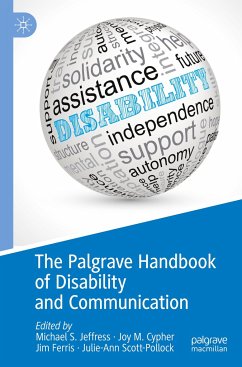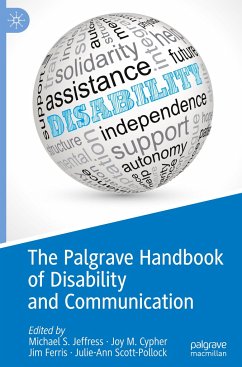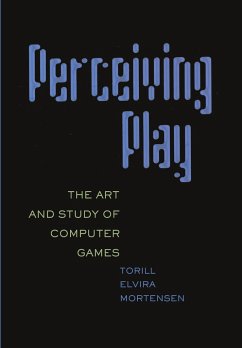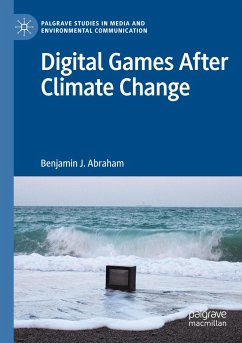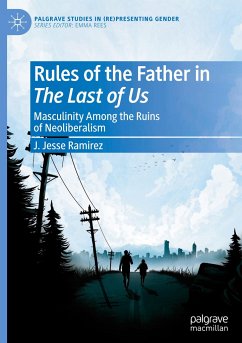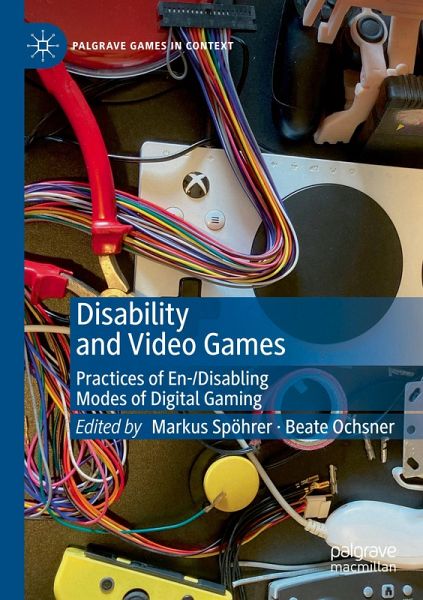
Disability and Video Games
Practices of En-/Disabling Modes of Digital Gaming
Herausgegeben: Spöhrer, Markus; Ochsner, Beate
Versandkostenfrei!
Versandfertig in 6-10 Tagen
113,99 €
inkl. MwSt.

PAYBACK Punkte
57 °P sammeln!
This collection intends to fill a long overdue research gap on the praxeological aspects of the relationships between disabilities, accessibility, and digital gaming. It will focus on the question of how Game Studies can profit from a Disability Studies perspective of en-/disabling gaming and issues of disability, (in)accessibility and ableism, and vice versa. Instead of departing from the medical model of disability that informs a wide range of publications on "disabled" gaming and that preconceives users as either "able-bodied," "normal" or as "disabled," "deficit," or "unable to play," our ...
This collection intends to fill a long overdue research gap on the praxeological aspects of the relationships between disabilities, accessibility, and digital gaming. It will focus on the question of how Game Studies can profit from a Disability Studies perspective of en-/disabling gaming and issues of disability, (in)accessibility and ableism, and vice versa. Instead of departing from the medical model of disability that informs a wide range of publications on "disabled" gaming and that preconceives users as either "able-bodied," "normal" or as "disabled," "deficit," or "unable to play," our central premise is that dis/ability is not an essential characteristic of the playing subject. We rather intend to analyze the complex infrastructures of playing, i.e., the complex interplay of heterogeneous human and non-human actors, that are en- or disabling.



